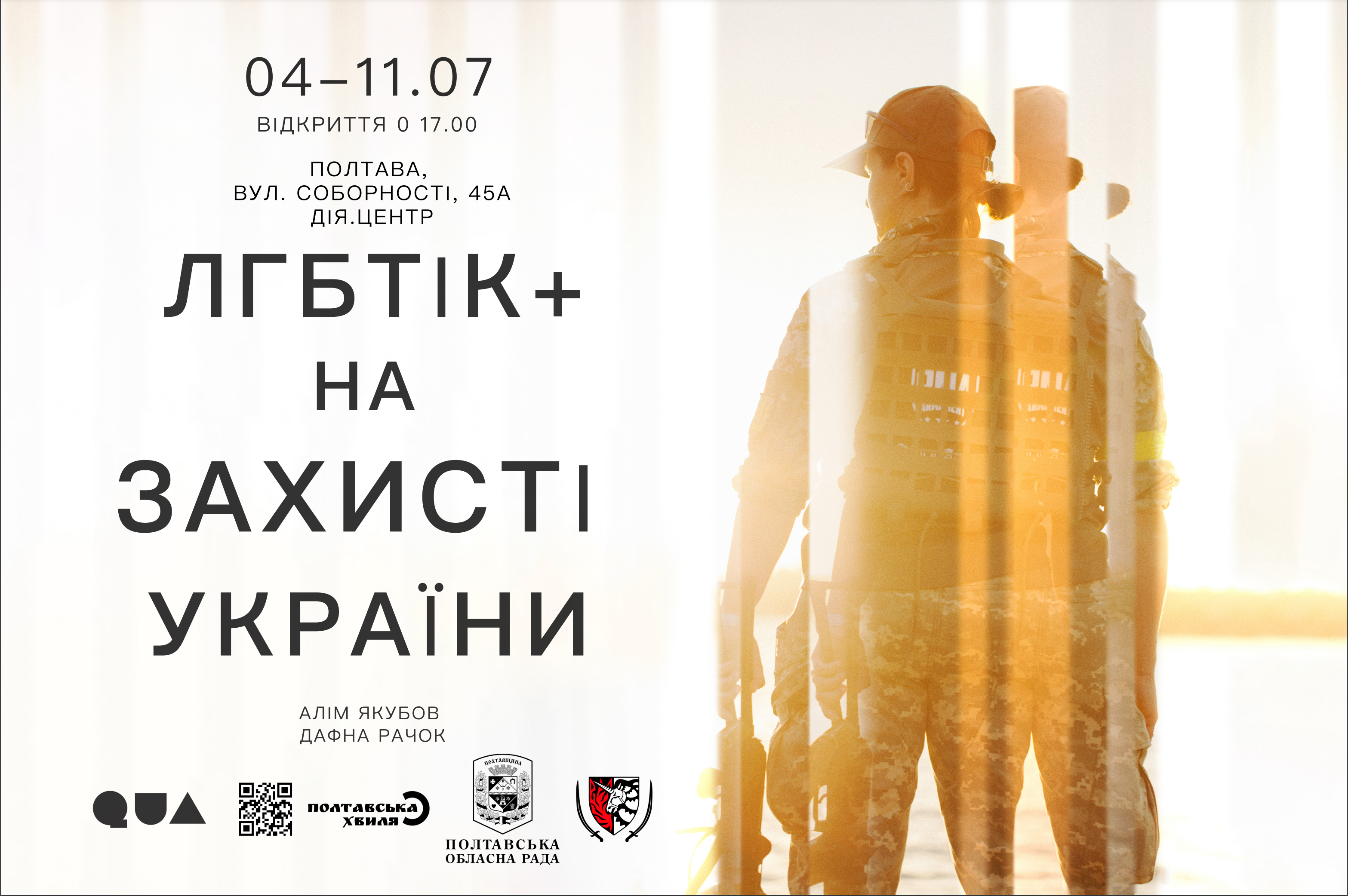February 21, 2022
Nina Jankowicz, an internationally-recognized expert on disinformation and democratization. Her debut book, How to Lose the Information War, was named a New Statesman 2020 book of the year. Jankowicz’s expertise spans the public, private, and academic sectors. She has advised governments, international organizations, and tech companies; testified before the United States Congress, UK Parliament, and European Parliament; and led accessible, actionable research about the effects of disinformation on women, minorities, democratic activists, and freedom of expression around the world.
In this interview Nina Jankowicz told us about the methods of Russian disinformation, the ways of combating it and what Ukraine can do to resist in this informational war.
What makes Ukraine a strategically important region for Russia
Ukraine has been kind of a proven ground for Russian disinformation tactics for a couple of reasons. First, obviously, Russia understands Ukraine a lot better than some other countries in the Central-Eastern Europe. Russia knows how Ukrainians communicate, their political system, key political actors. And that makes Ukraine an ideal zone in terms of their experimentations and policy goals.
Second, Russia don`t want Ukraine to be a member of any alliance. They don't want Ukraine to join the European Union because that would have economic implications for Russia. Political influence in Ukraine is also important for Russia: it is a large country, strategically it plays an important role in the mindset of Russia and its leaders. They don't want to lose the country that for so long has been an ally with Russia to the West.
Why Russia uses LGBT+ issue domestically and abroad
Obviously there are still a lot of religious, culturally conservative Ukrainians in Ukraine. And society is gradually splitting in that way so it provides really good ground to drive people one against other and for Russian disinformation. Moreover, the people who most actively vocally against LGBT+ right in Ukraine are far right. And Russia loves this narrative that Ukraine can be associated with far-right neonacists. Well, in reality these far-right forces don't really have political influence but they are very loud, they can threaten people, one of my friends was beaten by them. So, when these people behave as they are expected to behave (for example Pride March is attacked), Russia says: “Look, here is the evidence you`ve been looking for about fascism in Ukraine”.
Democracy doesn't work without participation and some degree of compromise. When you have two fractions that are so actively opposed to one another it makes getting the job of democracy done much more difficult. Russia loves to say things like: “You want democracy here, you want rights here but look at what is done”. And they can use any example they want, e.g. Russian disinformation campaign that CIA (Central Intelligence Agency) had been involved in creating the AIDS epidemic. So talking about democracy processes in Ukraine and Russian influence on it we may say that it affects the perception of democracy itself in general and outside of Ukraine.
How Russia uses and spread disinformation
Things have changed a lot since the Euromaidan Revolution and Revolution of Dignity. Then we saw more fake accounts, troll accounts, spamming, news articles with fake comments and posts in both Russian and Western social media networks. It created content that was put out into the information ecosystem to undermine Ukraine. A good example of that is a fake referendum in the Netherlands on the association with the EU.
What I saw when I was in Ukraine in 2019 for the presidential elections was a move forward to information laundering. It is a trend in the USA as well. Rather than these fake accounts we see these narratives being introduced and amplified in the authentic information ecosystem. It could be far-right groups, it could be Party of Regions politicians who are pro-Russia, it could be individuals like Rudy Giuliani.
The other thing is moving from the public eye to messaging channels such as Telegram or Facebook groups and other kinds of close areas for communication. That makes it a little bit more difficult to monitor. And I know that the far-right especially uses this type of channel.
Combating disinformation - is it even possible?
The point is that disinformation is so culturally based. I'm doing a lot of work on gender disinformation right now and there was a really good improvement last week. The platforms signed the commitment to change different sorts of tools available to women on the platforms. So when they are experiencing abuse they can take matters into their hands a little bit more. And this is a step forward. But the problem is that even if the platforms, even if governments suddenly start caring about staff like gender disinformation, LGBT+ issue etc, they play on tropes that exist, that are real feelings that all compatriots have all round the world, - homophobia, misogyny, racism. Until we solve these problems - the fixes in terms of technology or policy - we can only go so far. There will always be vulnerability that can be exploited until governments start to really put their money where their mouth is. That is why looking at Tbilisi Pride is so, so frustrating because the police clearly did nothing.
To hear President Zelenskyy in the first couple months of his terms speak out against homophobia at his big press-conference was refreshing. But it has to come with police, law enforcement more broadly to actually crack down on hate crimes and violent acts. The first and most important thing is for Ukraine to recognize that it actually does have a far-right problem. And then come up with empower law enforcement to take care of that and give a message that equality matters and identify influencers and allies who can support this idea. But I don't think that the Ukrainian government, even with Zelenskyy at its head, is ready to create such policy changes so far. The EU and the Western governments can spend as much as they want in supporting gay-rights organizations in Ukraine but there still gonna be an extreme danger for really long time, unless there are some sorts of changes on the government level.
Every country affected by disinformation needs to look into the mirror and ask itself: “What are these core issues that are being manipulated?’ And then it has to work on itself before giving pushback. Because you can't convince far-right trolls on the Internet: their beliefs are very-very deep.
We seek to assist Ukrainian LGBTQ + individuals living in the US and Canada to integrate, adapt, and productively contribute to American society.
November 25, 2023
STUCK IN LIMBO: THE UKRAINE GOVERNMENT LEAVING THE LGBTQI+ COMMUNITY BEHIND PROGRESS FOR YEARS
Read more
June 28, 2023
A photo exhibition LGBTIQ+ in defense of Ukraine will open in Poltava
Read more
January 22, 2023
Maksym Kasyanchuk: Now all of Ukraine is feeling a little bit of what we felt in Mariupol
Read more
January 14, 2023
Photo Exhibition in Washington DC: LGBTIQ+ in defense of Ukraine
Read more

